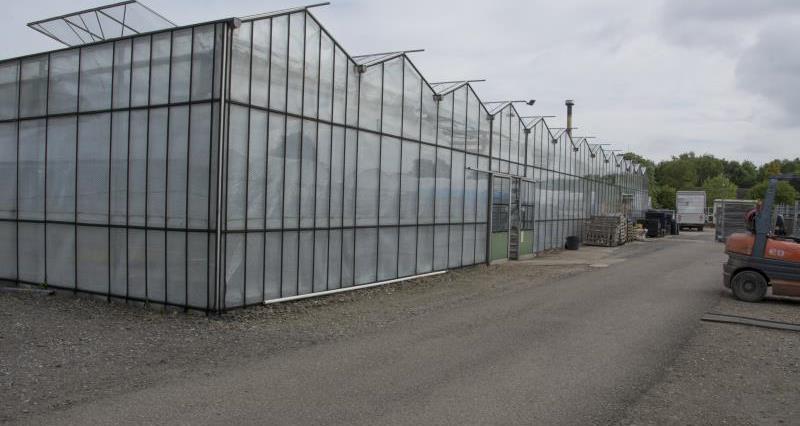It's not just regulatory processes however that will drive future farming. Success depends on meeting market requirements, driven ultimately by consumers and different trading conditions.
Farming productivity is dependent on having a sustainable market for goods. Our farmers compete in national and international markets. This impacts upon their farm practises, for example how crops are grown and stored, the kinds of livestock kept and how they are reared.
Farm profit is determined as much by cost base (such as fuel, feed, welfare requirements) as it is by prices paid. A good harvest in terms of national output can depress prices paid. Extreme climate change events or disease can have a devastating affect.
The farming sector has to innovate and use technology where it can to do this, and this trend will be reflected in future planning applications.
In the future we will see:
- More efficient outdoor raising and intensive indoor livestock installations, to meet higher welfare and regulatory requirements. Older buildings will be replaced or re-used.
- A wider range of crops will be grown to meet demand including bio-fuel crops, technology will be used both in the field and to regulate crop storage.
- Polytunnels and glass houses will continue to be used to provide longer season sustainable production of market garden produce.
- Renewables will allow more efficient local energy production.
- More local grown food will be produced. Farmers will continue to rely on diversified activities to support farming.
